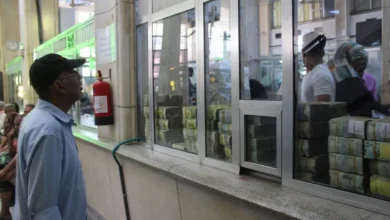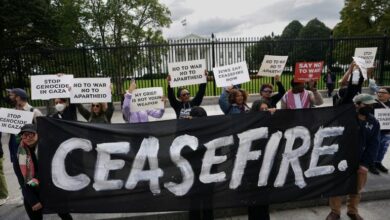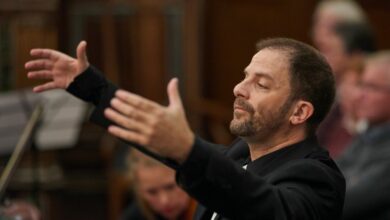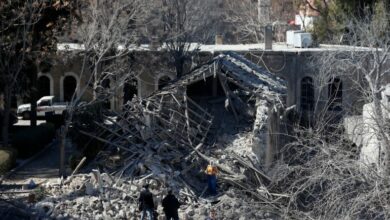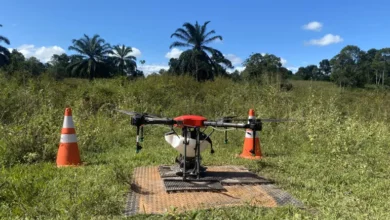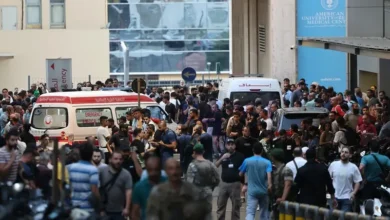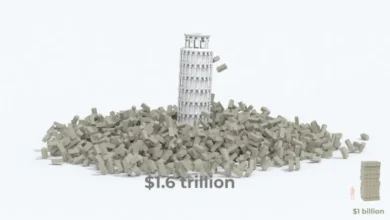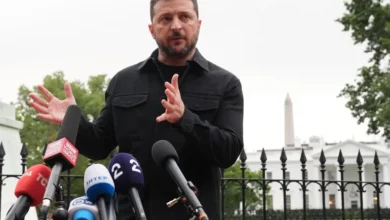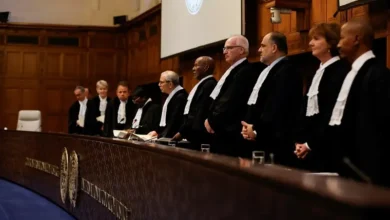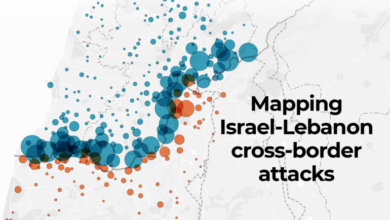EU agrees to tackle Syria sanctions as Western, Arab leaders meet in Riyadh
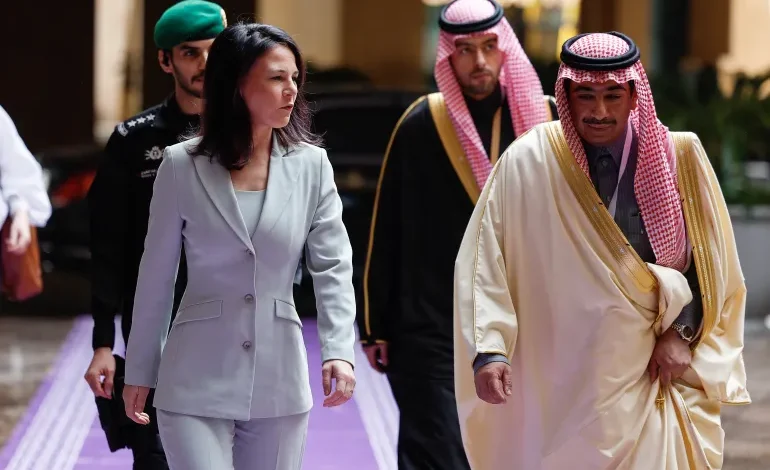
European foreign ministers have agreed to meet at the end of January to discuss lifting sanctions on Syria as foreign ministers and top diplomats from Western countries and the Middle East convened in Saudi Arabia in the first such regional meeting since the fall of President Bashar al-Assad last month.
Kaja Kallas, the European Union’s foreign policy chief, said on Sunday that the foreign ministers would convene in Brussels on January 27 to probe how the 27-member bloc might approach the issue.
In Riyadh, she told reporters that the EU wants to see an inclusive government in Syria which shows no signs of “radicalisation” and also respects the rights of women and other groups. The bloc can quickly reverse any openings on the issue of sanctions, she stressed.
After Sunday’s talks concluded in Riyadh, Saudi Arabia’s foreign minister called for the lifting of sanctions on Syria.
“We stressed the importance of lifting unilateral and international sanctions imposed on Syria, as their continuation hinders the aspirations of the Syrian people to achieve development and reconstruction,” Prince Faisal bin Farhan Al Saud said.Syria’s new Foreign Minister Asaad Hassan al-Shaibani, who has repeatedly called for the removal of decades-old sanctions, attended the talks, alongside foreign ministers from the region including Saudi Arabia, Egypt, the United Arab Emirates, Qatar, Bahrain, Iraq, Jordan, Lebanon and Turkiye.
The talks also saw the participation of United States Undersecretary of State John Bass, German Foreign Minister Annalena Baerbock and British Foreign Secretary David Lammy.
A communique released by the Saudi foreign ministry on Sunday evening reiterated calls for sanctions to be lifted in order to support the rebuilding of Syria, and expressed concern over Israel’s incursions into the occupied Golan Heights.
“[Steps were discussed to] support the brotherly Syrian people and provide them with all aid and support at this important stage in their history, and helping them rebuild Syria as a unified, independent, safe Arab state for all its citizens, with no place for terrorism, no breach of its sovereignty, and no attack on its territorial integrity,” it read.
Reporting from Damascus, Al Jazeera’s Mohammad Jamjoom said the “substantial” Riyadh diplomatic meeting was more focused on sanctions than a December 14 meeting in Jordan’s Aqaba, which was mostly dealing with ensuring entry of humanitarian aid as Syrians feel the adverse effects.
“These sanctions that have been in place for so long have made it very difficult to import or export raw goods,” he said.
“That means prices are always sky-high when it comes to essential goods, including food and medicines. It also means Syrians can’t bring in much fuel, so there are power outages all the time.”
